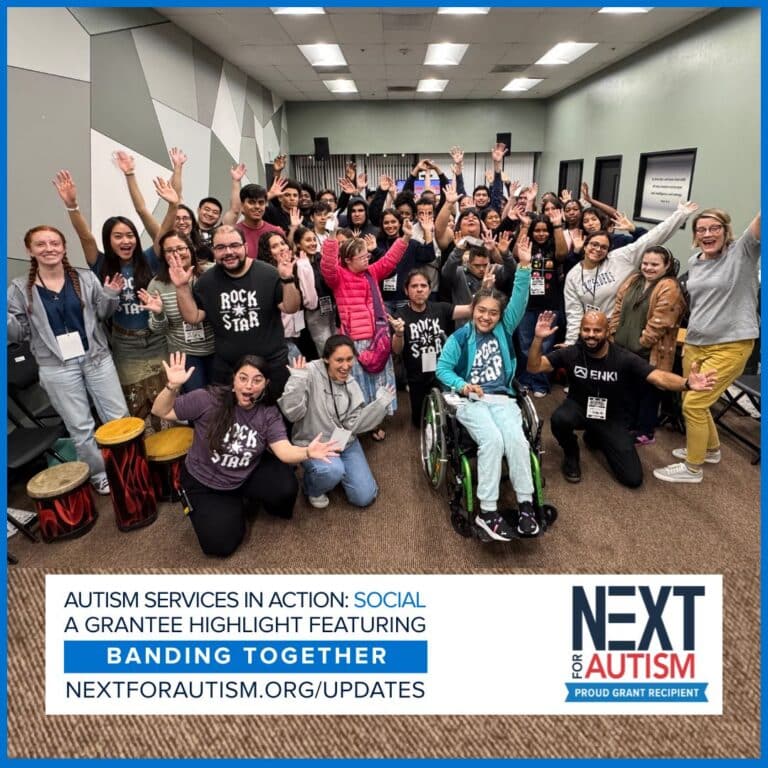March is Women’s History Month, and to celebrate and acknowledge the women in our community, we have been sharing facts about women and autism throughout the month.
Did you know?
Autism is 4 times more common in boys than girls, and women are diagnosed with autism later in life and less frequently than men.
There are a growing number of research studies about people with Autism Spectrum Disorder (ASD). Diagnosing ASD is the same process for women and men. Women may display what are perceived as milder symptoms of autism (Wilson et al., 2016). Women are underrepresented in autism research. Because autism is diagnosed at a higher rate in men, there are more men than women participating in research studies. The studies that do have women participants often have far fewer women represented (Kirkovski, Endicott, & Fitzgerald, 2013).
Women with autism "mask" their autism more often than men. Due to societal norms and expectations, women experience more difficulty than their male counterparts in school and the workforce.
Masking is the hiding of autistic traits to come across as neurotypical. Masking creates exhaustion and causes severe stress in women with autism. Adult women with ASD have unique challenges because of the high societal expectations of women’s behavior (Bargiela, Steward, & Mandy, 2016). Some women have shared that their service needs go unmet because their intelligence and educational achievements make people think that they do not need help (Lai, Lomardo, & Auyeung, 2015).
When compared to men with autism, the social gaps are greater for autistic women. The amount of skill required for social interaction is significantly higher for females than for males. Starting in childhood, girls are expected to be skilled at relationship building, which is not often required of boys (Hannah and Murachver, 1999). Relationships between girls with and without ASD are more social, involving shared conversations and personal exchanges not seen in boys (Sedgewick et al., 2015). In the area of friendship, school age girls with autism have no problems with making social initiations but show problems maintaining friendships (Hiller et al., 2014) and find it harder to manage social conflict (Sedgewick, Hill & Pelicano, 2019).
At NEXT for AUTISM, we are working to create inclusive communities for all adults on the spectrum to live and thrive, and that includes women. Together, we can make the world safer and more inviting for autistic women.








Leave a Reply